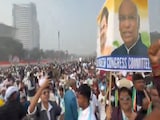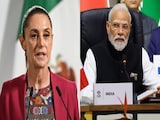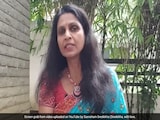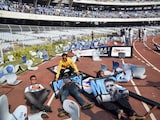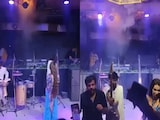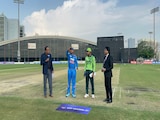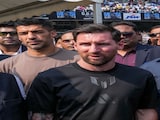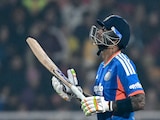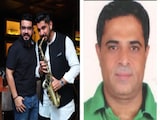A third of Muslims, over 20 per cent Dalits and Adivasis, and 30 per cent of the overall respondents reported are being discriminated against on grounds of religion, caste or because of illness or health conditions in hospitals or by healthcare professionals, claims a report.
Sharing the results of its rapid survey on the challenges with the COVID-19 vaccination drive in India on Tuesday, Oxfam India in its report noted that 43 per cent of the respondents stated that they could not get vaccinated because the vaccination centres had run out of vaccines when they visited them and 12 per cent did not get inoculated because they could not afford "the high prices" of the vaccine.
Nine per cent of the respondents said they had to lose a day's wages to get themselves vaccinated, according to the report 'Securing Rights of Patients in India'.
The NGO said the survey was conducted in two parts to cover the rights of patients against "some of the provisions" of the Union Ministry for Health and Family Welfare and India's vaccination drive.
The survey on the patients' rights charter of the Health Ministry was carried out between February and April and received 3890 responses, while the survey on India's vaccine drive was conducted between August and September covering 10,955 respondents in 28 states and 5 union territories, it added.
"One in four Indians faced discrimination while accessing health services due to their caste and religion," Oxfam India said, citing findings of the survey.
"A third of Muslim respondents, over 20 per cent Dalit and Adivasi respondents, and 30 per cent of overall respondents reported being discriminated against on the grounds of religion, caste or because of illness or health conditions in a hospital or by a healthcare professional," the report claimed.
Fifty per cent respondents said they were not provided with an estimated cost of treatment/procedure before the start of the treatment/procedure when they or their close relatives were hospitalised in the past 10 years, it claimed.
While 31 per cent respondents reported being denied case papers, patient records, investigation reports for treatment/procedure by the hospital even after requesting for the same, 35 per cent of women said they underwent physical examination by male attendant without a female present in the room, the report said.
"Nineteen per cent of the respondents whose close relatives were hospitalised said they were denied release of dead body by the hospital," it added.
"The surveys show that the basic rights of patients' in India are being routinely denied in healthcare facilities, for the poor and middle class alike. Skewed power dynamics with respect to class, caste, religion, and gender between the healthcare providers and patients deepen existing structural inequalities in the healthcare system," Oxfam India CEO Amitabh Behar said in a statement.
Underlining denial of patient's rights in the country, the report claimed that 74 per cent respondents said the doctor simply wrote the prescription or treatment or asked them to get tests/investigations done without explaining their disease, nature and/or cause of illness.
More than half of the respondents (57 per cent ) who were themselves or their relatives had been hospitalised did not receive any information about investigations and tests being done, the report said.


